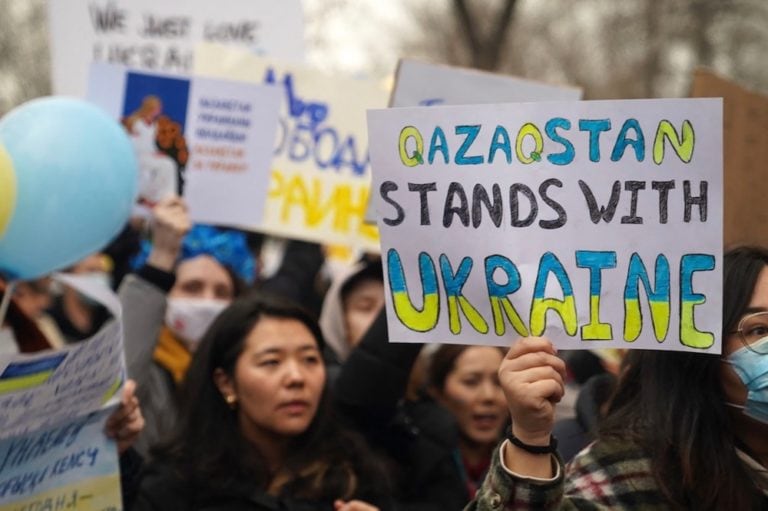Torture is a chronic problem, rights activists are languishing in prison and the government has disbarred some of the country's most outspoken lawyers, says the organisation.
(Human Rights Watch/IFEX) – Berlin, December 13, 2011 – Uzbekistan has not kept its promises to stop torture in its criminal justice system, including electric shocks and asphyxiation, Human Rights Watch said in a report released today. Safeguards to halt the practice that were announced with fanfare have not been put into effect. Western governments seeking closer ties with the authoritarian Central Asian government for strategic reasons have all but ignored the abuses.
The 107-page report “‘No One Left to Witness’: Torture, the Failure of Habeas Corpus, and the Silencing of Lawyers in Uzbekistan,” provides rare first-hand evidence of wide-scale human rights abuses in the isolated country, from which United Nations human rights experts have been banned for almost a decade. In Uzbekistan, human rights activists are languishing in prison and independent civil society is ruthlessly suppressed.
“The West has to wake up to the fact that Uzbekistan is a pariah state with one of the worst human rights records,” said Steve Swerdlow, Uzbekistan researcher at Human Rights Watch. “Being located next to Afghanistan should not give Uzbekistan a pass on its horrendous record of torture and repression.”
The report is based on more than 100 interviews conducted in Uzbekistan between 2009 and 2011.
Torture is a chronic problem in Uzbekistan, as highlighted by the international outrage in 2002 over the case of a man imprisoned for religious “extremism” who experts concluded died as a result of immersion in boiling water in a notorious prison and findings by United Nations bodies that torture is both “widespread” and “systematic.”
But torture in Uzbekistan is not a thing of the past. Human Rights Watch documented cases in which authorities poured boiling water on an activist during an interrogation, beat detainees with rubber truncheons and water-filled bottles, hung detainees by their wrists and ankles, subjected them to rape and sexual humiliation, and asphyxiated them with plastic bags and gas masks.
The government has effectively destroyed the independent legal profession, disbarring some of Uzbekistan’s most outspoken lawyers, Human Rights Watch found. The government routinely denies detainees access to legal counsel.
Despite this record of abuse and repression, the United States, the European Union, and individual leading European governments have in recent years dramatically weakened their stance on human rights toward Tashkent, due to Uzbekistan’s strategic importance to neighboring Afghanistan as a land route for NATO troops and supplies.
(. . .)


